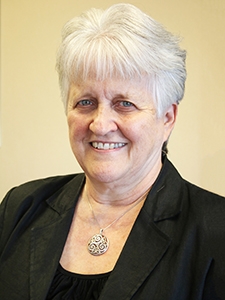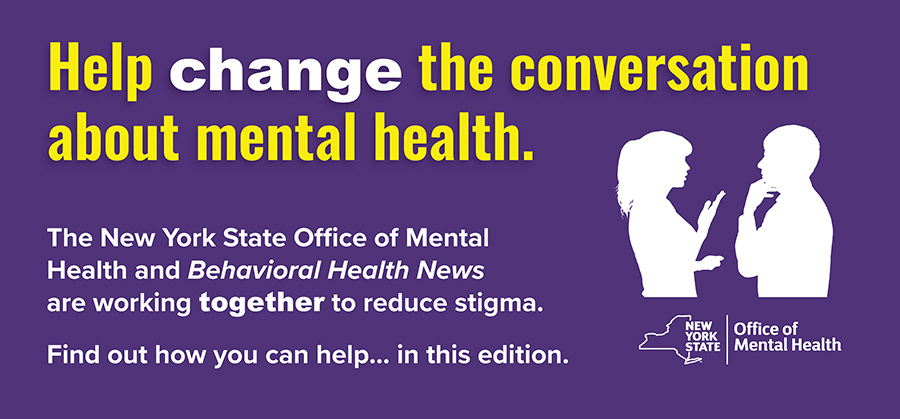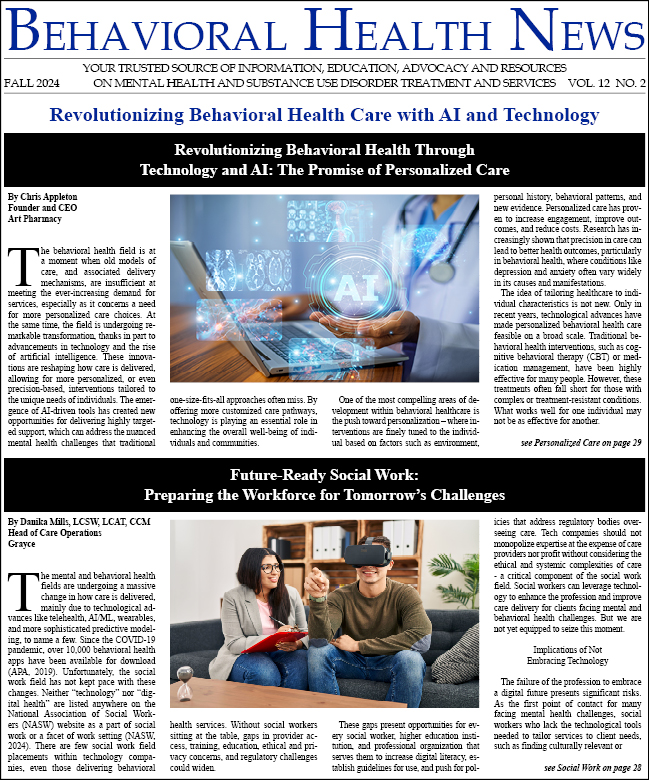Stigma towards individuals living with mental illness still permeates our society today. Stigma remains a major reason individuals and families don’t seek help when they are having emotional problems. The public stigma surrounding mental illness, often perpetuated by sensationalized media coverage, creates stereotypes that lead to discrimination in employment, education, housing, and other essential services. This discrimination can lead to self-stigma and shame for people living with mental illness, which in turn discourages them from addressing their issues or seeking out the treatment and assistance they need.

Ann Sullivan, MD
Commissioner, NYS OMH
New York State is attempting to decrease stigma by implementing a robust effort to educate the public about the misconceptions of mental illness, while at the same time taking action to address the impact of discrimination resulting from stigma by holding insurance companies responsible for parity of services and supporting fair housing, employment, and education opportunities. Additionally, efforts being made today to educate our youth can really have an impact on how future generations perceive mental health and wellness thus further reducing stigma.
Stigma-based discrimination against people living with mental illness can take many forms, some overt and some more subtly embedded in our communities and our social systems impacting many different aspects of a person’s life.
A particularly harmful overt stigma is the media portrayal of individuals with mental illness as violent and dangerous. We must work hard to educate the public and the media that individuals living with mental illness are no more violent than anyone else, but unfortunately are more often the victims of violence.
More subtle stigma permeates many of the systems we live with every day, even in healthcare. For many years, health insurance companies have discriminated against people with mental illness by not covering mental healthcare treatment or medications in the same way they cover treatment for physical illnesses. While New York State has strong parity laws, which, together with federal measures, protect our rights by requiring most comprehensive health insurance plans to cover medically necessary mental health services in the same way they cover medical and surgical benefits, violations of these laws still occur. NY State monitors and works to correct any violations, and it is important for the public to let us know when this happens.
New York has a behavioral health ombudsman program called the Community Health Access to Addiction and Mental Health Care Project (CHAMP) which helps individual New Yorkers who are facing insurance obstacles due to parity violations to get the treatment they need.
Other systems where individuals with mental illness often face discrimination is in employment and housing – two critical components of the recovery process. The NYS Office of Mental Health (OMH) is partnering with community groups and organizations across the state to help educate individuals and families about their rights and the laws that protect against housing and employment discrimination, including the Fair Housing Act and the Americans with Disabilities Act.
Partnering with the community is essential when trying to change minds about mental health. OMH recently awarded seven grants to organizations across the state that are engaged in various activities to educate the general public about mental health, including targeted audiences, such as landlords, corporate employers, educators, the media, and healthcare workers, who are often unwittingly influenced by the stigma of mental illness.
As a result of community advocacy, a voluntary tax check-off program launched in NY state in 2016. This program allows NYS taxpayers to donate easily to the “Mental Illness Anti-Stigma Fund” when filing their NYS taxes. Our latest round of awards emphasized activities that provide innovative, culturally appropriate, and relevant approaches to reducing stigma in minority and underserved populations, which are often most impacted by false perceptions of mental illness.
In this very edition, we are partnering with Behavioral Health News as part of our public awareness campaign to reduce stigma. OMH is teaming up with Mental Health News Education (MHNE) publisher of Behavioral Health News, on several stigma reduction projects. With OMH’s support, MHNE will publish two editions dedicated to the subject of stigma and stigma reduction. MHNE will also facilitate four 90-minute Roundtable Discussions featuring subject area experts, people with lived experience, government officials and representatives of community-based advocacy and provider organizations.
The roundtable discussions will help shape the anti-stigma messaging that we will use in future anti-stigma public awareness activities. This is critically important because to be effective, anti-stigma messaging must resonate with the target audience. For example, you can’t usually grab the attention of young people and older adults with the same message or the same messenger. Messaging, and the messenger, must be tailored to the audience you are trying to reach, whether it’s young people, older adults, people of color, immigrant communities, or residents of rural parts of the state.
The roundtables will help us develop a roadmap to effectively reach different populations and reduce the stigma that may be directly impacting them.
Hope for the Future
Although stigma is still widespread, I believe the future holds great hope. One thing we’ve seen throughout the COVID pandemic is that people are more willing to talk about their mental health. This has certainly been the case with the NY Project Hope helpline (1-844-863-9314) which OMH implemented in March of 2020 to help people cope with increased stress and fears during the pandemic. More than 93,000 people have reached out to the helpline, the vast majority of whom have never sought out behavioral healthcare or advice.
We are also seeing the normalization of mental health issues among young people, who are more willing to discuss their behavioral health concerns than were previous generations. I see it in my own grandchildren and their friends, who are being taught about mental health and wellness in their schools. They understand that mental health is as important as physical health, and they are more able to talk about stress, trauma, anxiety, depression, and other issues.
Young people who understand that mental health is as important as physical health are more likely to seek out support, and talk to their parents, teachers, or doctor when they are concerned about their own mental health. And hopefully, as they grow up, transmit that same message to future generations.
Recognizing that reaching and educating young people about mental health is an important step in combating stigma, OMH has been working with the State Education Department to help school districts across the state develop age-appropriate curricula focused on mental health. We are also supporting school districts’ efforts to create mental health clinics in their schools. To date, more than 1,000 such clinics have been created. And Governor Kathy Hochul recently authorized OMH and the Education Department to provide $50 million in additional funding to school districts to improve student access to mental health services.
As the Commissioner of the Office of Mental Health, this gives me great hope for the future. Because as we educate all New Yorkers and help them understand that mental health is a critical aspect of overall health, they will be less influenced by stigma and fear, and more likely to seek out help if they need it. As former Surgeon General David Satcher said: “There is no health without mental health.”
Ann Sullivan, MD, is Commissioner of the NYS Office of Mental Health (OMH). For more information, visit www.omh.ny.gov.




